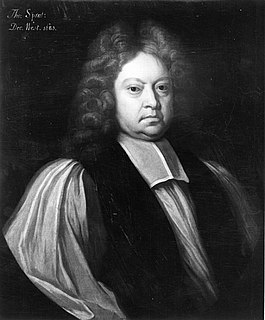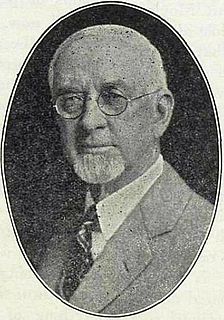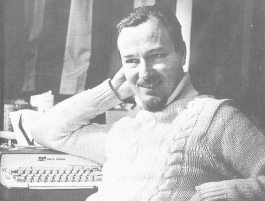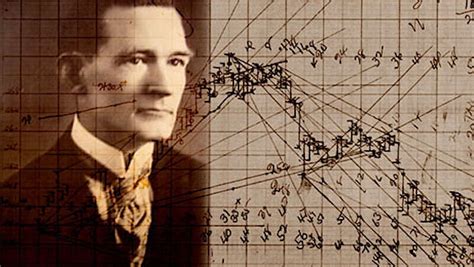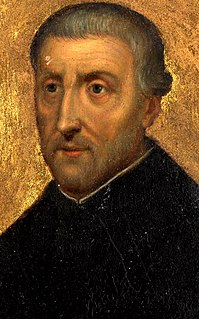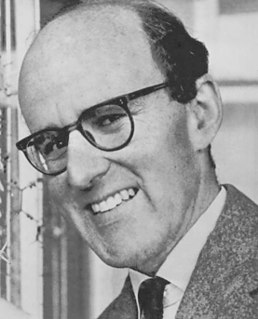A Quote by Lord Chesterfield
The law before us, my lords, seems to be the effect of that practice of which it is intended likewise to be the cause, and to be dictated by the liquor of which it so effectually promotes the use; for surely it never before was conceived by any man entrusted with the administration of public affairs, to raise taxes by the destruction of the people.
Related Quotes
Anyone may arrange his affairs so that his taxes shall be as low as possible; he is not bound to choose that pattern which best pays the treasury. There is not even a patriotic duty to increase one's taxes. Over and over again the Courts have said that there is nothing sinister in so arranging affairs as to keep taxes as low as possible. Everyone does it, rich and poor alike and all do right, for nobody owes any public duty to pay more than the law demands.
They have never affirm'd any thing, concerning the cause, till the trial was past: whereas, to do it before, is a most venomous thing in the making of Sciences: for whoever has fix'd on his Cause, before he has experimented; can hardly avoid fitting his Experiment, and his Observations, to his Own Cause, which he had before imagin'd; rather than the Cause to the Truth of the Experiment itself. Referring to experiments of the Aristotelian mode, whereby a preconceived truth would be illustrated merely to convince people of the validity of the original thought.
I believe that it is my duty and your duty to teach our children concerning this great God-inspired Constitution, this great law of liberty which he has given to this world, and which was never given before to any nation in any land. Never before has there been a representative government of this kind. Republics have been tried, hundreds of times, thousands of years ago, but never was there anything like this Government.
I believe in logic, the sequence of cause and effect, and in science its only begotten son our law, which was conceived by the ancient Greeks, thrived under Isaac Newton, suffered under Albert Einstein...
That fragment of a 'creed for materialism' which a friend in college had once shown him rose through Donald's confused mind.
There exists a law, not written down anywhere but inborn in our hearts; a law which comes to us not by training or custom or reading but by derivation and absorption and adoption from nature itself; a law which has come to us not from theory but from practice, not by instruction but by natural intuition. I refer to the law which lays it down that, if our lives are endangered by plots or violence or armed robbers or enemies, any and every method of protecting ourselves is morally right.
It is only reasonable to allow the administration of affairs to mothers before their children reach the age prescribed by law at which they themselves can be responsible. But that father would have reared them ill who could not hope that in their maturity they would have more wisdom and competence than his wife.
If we define a miracle as an effect of which the cause is unknown to us, then we make our ignorance the source of miracles! And the universe itself would be a standing miracle. A miracle might be perhaps defined more exactly as an effect which is not the consequence or effect of any known laws of nature.
The Persians are very fond of wine ... It is also their general practice to deliberate upon affairs of weight when they are drunk; and then in the morning, when they are sober, the decision to which they came the night before is put before them by the master of the house in which it was made; and if it is then approved they act on it; if not, they set it aside. Sometimes, however, they are sober at their first deliberations, but in this case they always reconsider the matter under the influence of wine.
You say men ought to be hung for the way they are executing the law; I say the way it is being executed is quite as good as any of its antecedents. It is being executed in the precise way which was intended from the first, else why does no Nebraska man express astonishment or condemnation? Poor Reeder is the only public man who has been silly enough to believe that anything like fairness was ever intended, and he has been bravely undeceived.
Scientists like myself merely use their gifts to show up that which already exists, and we look small compared to the artists who create works of beauty out of themselves. If a good fairy came and offered me back my youth, asking me which gifts I would rather have, those to make visible a thing which exists but which no man has ever seen before, or the genius needed to create, in a style of architecture never imagined before, the great Town Hall in which we are dining tonight, I might be tempted to choose the latter.


